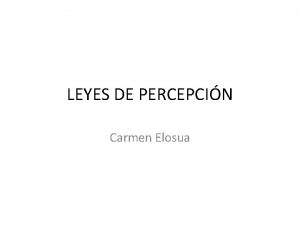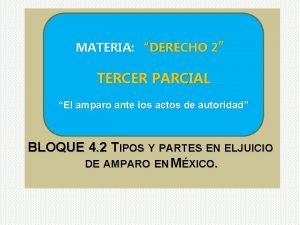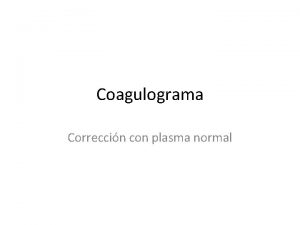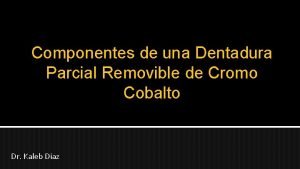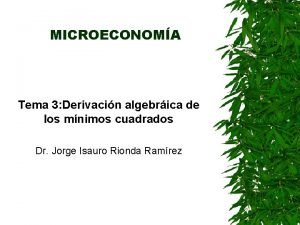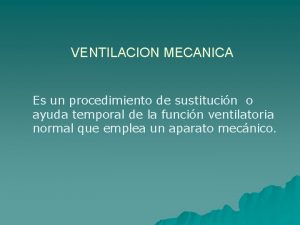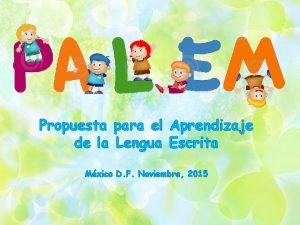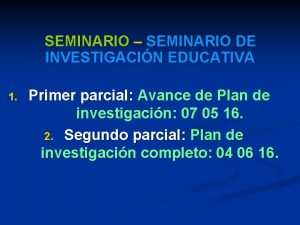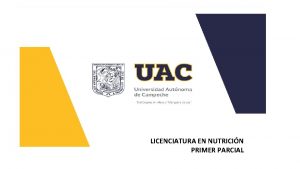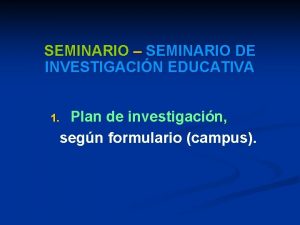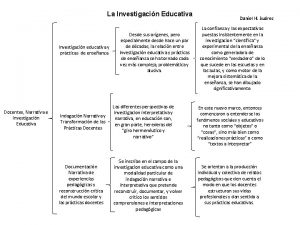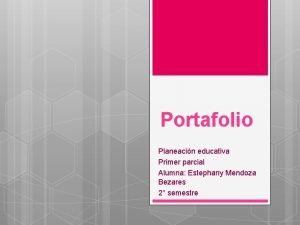SEMINARIO SEMINARIO DE INVESTIGACIN EDUCATIVA 1 Primer parcial









- Slides: 9

SEMINARIO – SEMINARIO DE INVESTIGACIÓN EDUCATIVA 1. Primer parcial: Avance de Plan de investigación: 07 05 16. 2. Segundo parcial: Plan de investigación completo: 04 06 16.

PLAN DE INVESTIGACIÓN 2016 1. 2. 3. 4. 5. 6. 7. Título. Estado del arte. Problema / Objeto. Objetivos. Diseño. Cronograma. Bibliografía.

PLAN DE INVESTIGACIÓN 2016 Ø ESTADO DEL ARTE. Informes de investigaciones: § entre 5 y 10 años de antigüedad; § congruentes con tema-problema; § detectando decisiones tomadas; § reteniendo datos relevantes; § de sitios confiables; § empíricas.

PLAN DE INVESTIGACIÓN 2016 Ø ESTADO DEL ARTE. Informes de investigaciones: § reteniendo datos relevantes; § Palabras clave; § Disciplina principal; § Autores más citados; § Fuentes más consultadas; § Investigaciones más referidas; § GRADO DE DESARROLLO DEL CONOCIMIENTO ACUMULADO SOBRE EL TEMA

PLAN DE INVESTIGACIÓN 2016 Ø ESTADO DEL ARTE. Informes de investigaciones: § reteniendo datos relevantes; § GRADO DE DESARROLLO DEL CONOCIMIENTO ACUMULADO SOBRE EL TEMA: n n n teoría completa; varias teorías aplicables; generalizaciones empíricas; descubrimientos sin teorías; guías aún no investigadas.

PLAN DE INVESTIGACIÓN 2016 1. 2. 3. 4. 5. 6. 7. Título. Estado del arte. Problema / Objeto. Objetivos. Diseño. Cronograma. Bibliografía.

PLAN DE INVESTIGACIÓN 2016 Ø DISEÑO DE INVESTIGACIÓN. Tomar cinco decisiones metodológicas: 1. 2. 3. 4. 5. El alcance. El enfoque. La hipótesis o idea directriz. La población. Los instrumentos o herramientas.

Análisis de un informe de investigación. Detectar: 1. Título. 2. Estado del arte. 3. Problema. 4. Objetivos. 5. Diseño: Alcance, Enfoque, Hipótesis o Idea directriz, Población e Instrumentos. 6. Bibliografía.

PLANES DE INVESTIGACIÓN n Tema propuesto por el Alumno n Según plan de estudios. n Con acuerdo de la cátedra.

